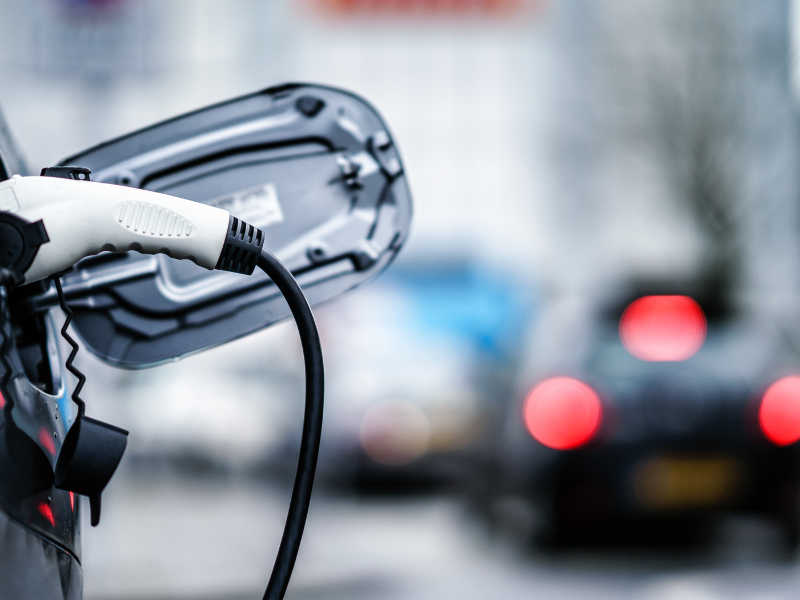The turbulent gas market is creating an imbalance between supply and demand. Recent global events are causing gas demand to outstrip supply which is pushing up the wholesale gas prices.
In the UK, gas is used to fuel around a third of the UK’s electricity generation. Around 50% of the gas is imported from the international market, so due to the UK’s reliance on imports, the rising wholesale gas prices lead to rising electricity costs.
In April 2022, the household energy bills increased by 54% and were due to increase by a further 80% in October 2022. However, the government has introduced a new ‘Energy Price Guarantee’ which means that a typical UK household will now pay up to an average £2,500 a year on their energy bill. The Chancellor Jeremy Hunt announced that the guarantee will continue but rise by £500 from April 2023. Without the support from the government, the average bill would have gone up to over £4,000.
